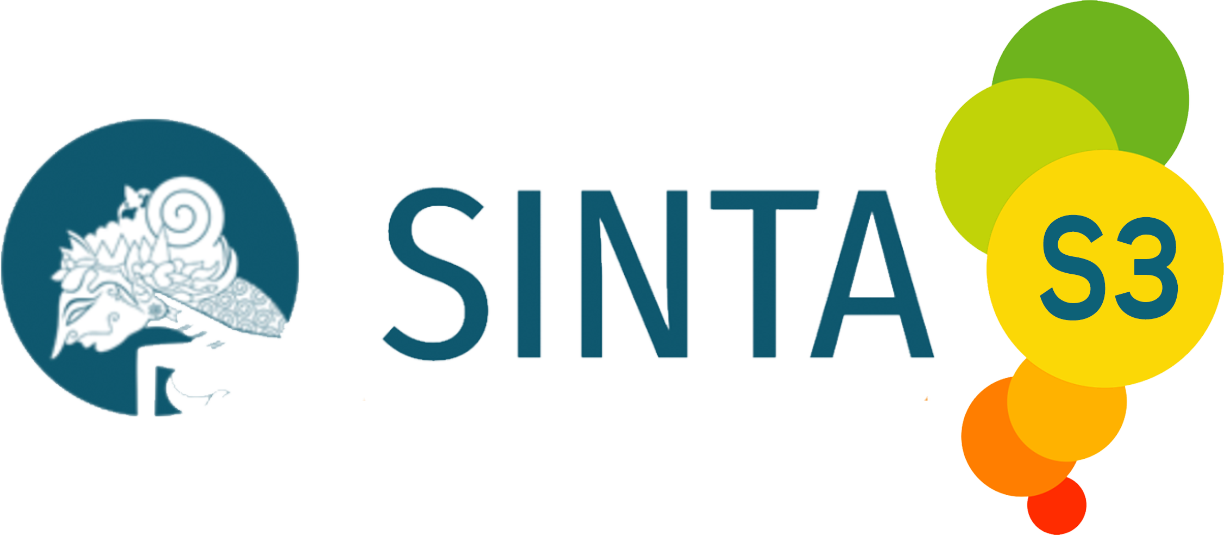The Role Of Pancasila In View From The Sociology Of Religion In The Globalisation Era
DOI:
https://doi.org/10.59261/jbt.v4i1.120Keywords:
Globalization, Pancasila, Religious PerspectiveAbstract
Globalization has positive and negative impacts on humans. The positive impact of course provides benefits for humans. However, the negative impact is incomparable and must be fortified especially for young Indonesians. Pancasila as the basis of the life of the Indonesian people plays an important role in fortifying the nation. This study aims to analyze the role of Pancasila in terms of the sociology of religion in the current era of globalization. The results show that Pancasila as the symbol of the state emphasizes the people to have a religion, belief in God Almighty and its rules and teachings. So that in this way, the practice of Pancasila values can protect humans from the various negative impacts of globalization. Humans will live by rules that are good and right according to the foundation of state life, namely Pancasila and the rules of God Almighty.
Downloads
Published
Issue
Section
License
Copyright (c) 2022 Yusuf Yusuf

This work is licensed under a Creative Commons Attribution-ShareAlike 4.0 International License.
Authors who publish with this journal agree to the following terms:
- Authors retain copyright and grant the journal right of first publication with the work simultaneously licensed under a Creative Commons Attribution-ShareAlike 4.0 International (CC-BY-SA). that allows others to share the work with an acknowledgement of the work's authorship and initial publication in this journal.
- Authors are able to enter into separate, additional contractual arrangements for the non-exclusive distribution of the journal's published version of the work (e.g., post it to an institutional repository or publish it in a book), with an acknowledgement of its initial publication in this journal.
- Authors are permitted and encouraged to post their work online (e.g., in institutional repositories or on their website) prior to and during the submission process, as it can lead to productive exchanges, as well as earlier and greater citation of published work.





